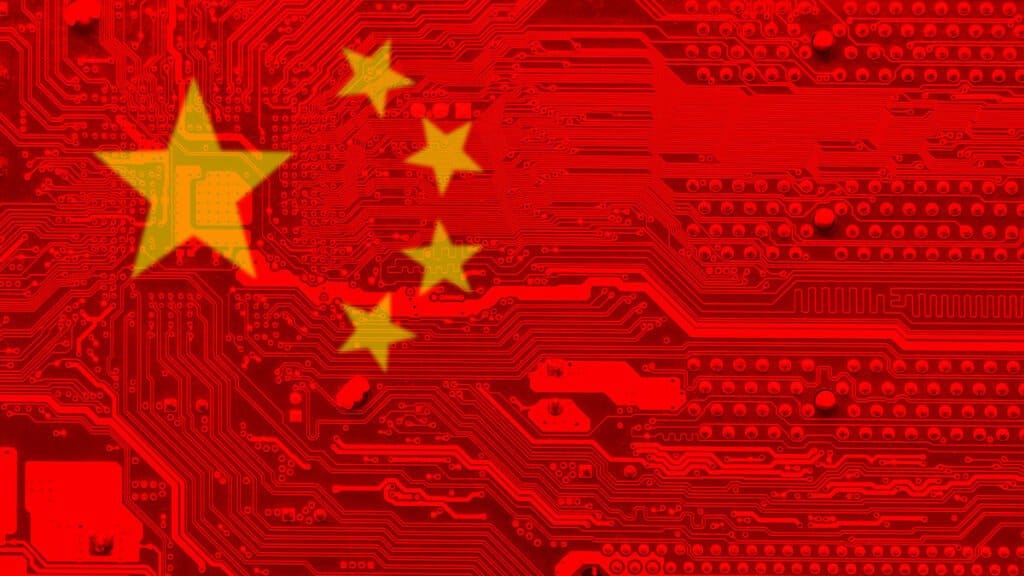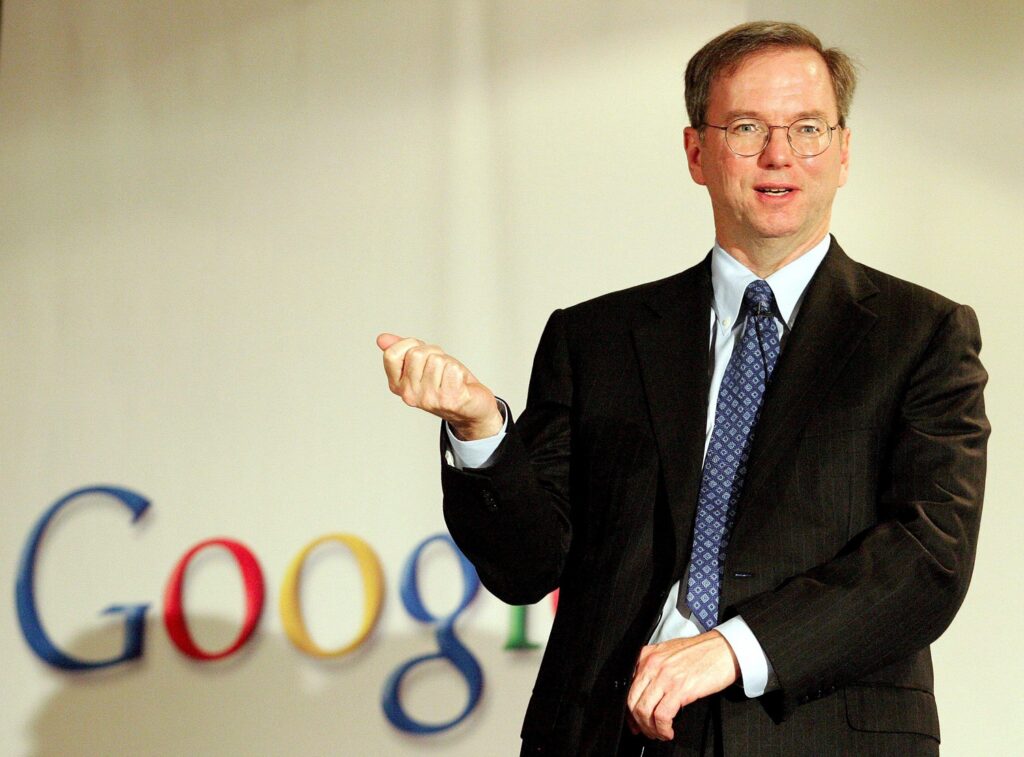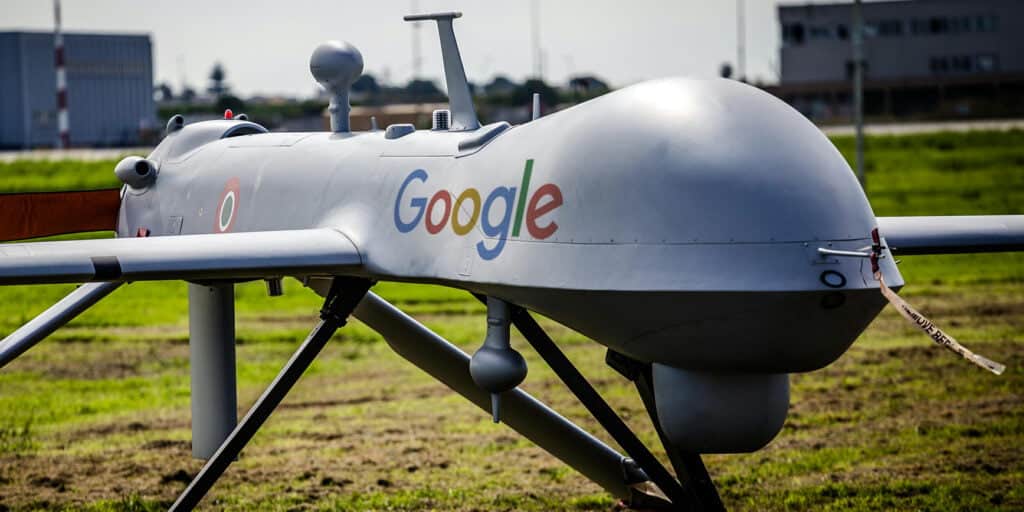George Orwell's Life as Described in 1984 "could come true in 2024" if lawmakers do not protect the public from artificial intelligence, Microsoft president Brad Smith has warned. And it will be "difficult to catch up", given the rapid progress of this technology.
“If we don't put in place the laws that protect the public from a future like this, we will find very soon that technology has come too far to put back under control,” Smith said bluntly.
I am constantly reminded of George Orwell's lessons in his 1984 book. He spoke of a government that could see everything everyone was doing and hear everything everyone said at all times. It didn't happen in 1984, but if we're not careful it will happen in 2024.
If Orwell had been in Beijing

In some parts of the world, reality is getting closer and closer to George Orwell's dystopian vision.
China's ambition is to become the world leader in AI by 2030, and many consider its capabilities well beyond those of Europe.
- In 2019, China has beat the United States in the number of patents guaranteed by academic institutions for innovation in AI technologies.
- According to a Comparitech research, the 54% of the world's 770 million CCTV cameras are located in China.
Doctor Lan Xue, an advisor to the Chinese government, said facial recognition could prove “extremely useful” in identifying people in mass gatherings in the event of a “serious incident.” And I can assure you that the development of this technology it is already quite advanced.
Chinese reactions to the Americans' j'accuse

Eric Schmidt, former CEO of Google and now chair of the US National Security Commission on Artificial Intelligence, warned that beating China in artificial intelligence is imperative.
“We are in a geo-political strategic conflict with China,” he said. “The way to win is to pool our resources to have national and global strategies for democracies to win in AI. If we don't do this, we will be looking at a future in which other values will be imposed on us." Orwellian values.
Dr. Xue does not think so. “China does not seek to export its values. Of course, it has indeed made enormous progress in technological development, and the US feels that this is a threat. This is why they have started a sort of Cold War on technology” (and not only that, I would say).
Although China has huge differences with the US in its values and politics, its worldview is not convergence but coexistence.
Keyu Jin, associate professor at the London School of Economics.
Maven project

When it comes to Orwellian control, however, the US shows that it has ambitions not entirely dissimilar to China's. Dr. Schmidt became a Pentagon adviser in 2016, while maintaining the position of executive chairman of Alphabet, Google's parent company. In the following years, Google entered into a contract with the Pentagon which allows him to use some of his image recognition technologies as part of a military project.
The project, called Maven, used machine learning to distinguish people and objects in drone videos.
“Maven at the time was… a way to replace human eyes with machine vision for drone footage that was used in various Arab conflicts,” Schmidt says. Orwell doesn't come to mind, I guess. “I saw the use of that technology as a net positive for national security and a good partnership for Google.” I would like to understand why a technology in Chinese hands immediately becomes "repressive", and the same technology in American hands immediately becomes "positive for national security", and oh well.
And I'm not the only one wondering this. Even Google employees themselves did so, criticizing the project, filing petitions to oppose it and even resigning.
“Google shouldn't be in the war business,” the software engineer said Laura Nolan who resigned in 2018, when she discovered the nature of the project. “It felt like I had blood on my hands.”
Needless to say, Google said its AI would only be used for non-offensive purposes, before withdrawing completely (?) from Project Maven in June 2018. Dr. Orwell, sorry, Schmidt said he believes the technology could help the military to "make the right decisions", and to believe that it is a "good thing".

Wannabe Orwell, the AI arms race
In short, it's easy to say "Orwell", but the truth is that the citizens of the world are faced with a rather bipartisan potential risk. The Department of Defense keep looking for partnerships in Silicon Valley, in an attempt to win the global race with China for artificial intelligence weapons.
Because we're in a race, because we're in this competition, that's really what it's about. Will they help us win this race or will they essentially be against us? China does not have the same system of government that we have. Could the AI arms race lead to conflict with China? Absolutely."
Seth moulton, chairman of the US Future of Defense Task Force, urges technology companies to support the Department of Defense.
Dr. Orwell, sorry, Xue (I see Orwell everywhere now) agreed that there is a potential conflict. But slyly, and in the soft style that characterizes the establishment of the Celestial Empire, he says "but it is not inevitable: the United States and China should really collaborate to prevent this from happening."


